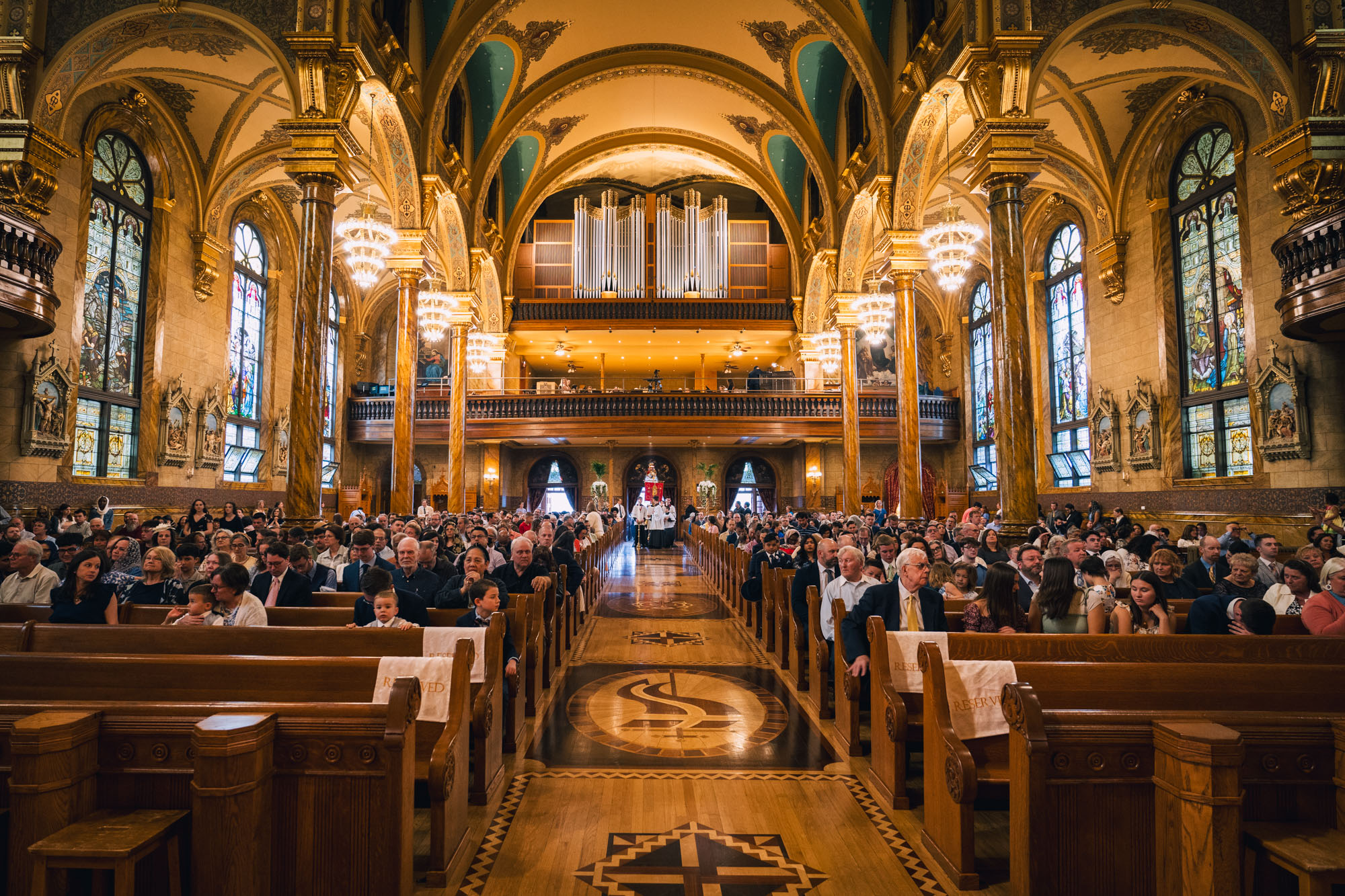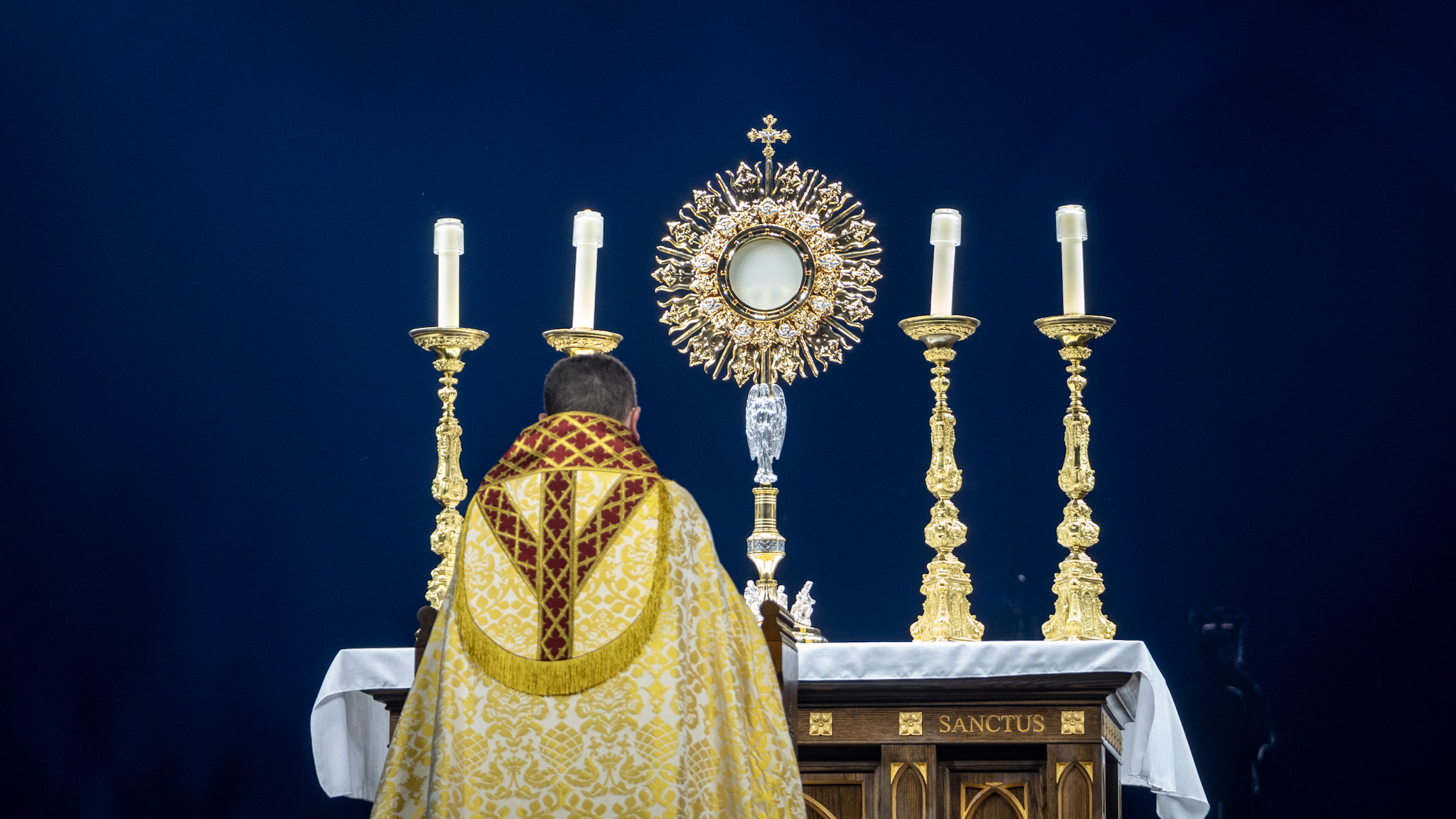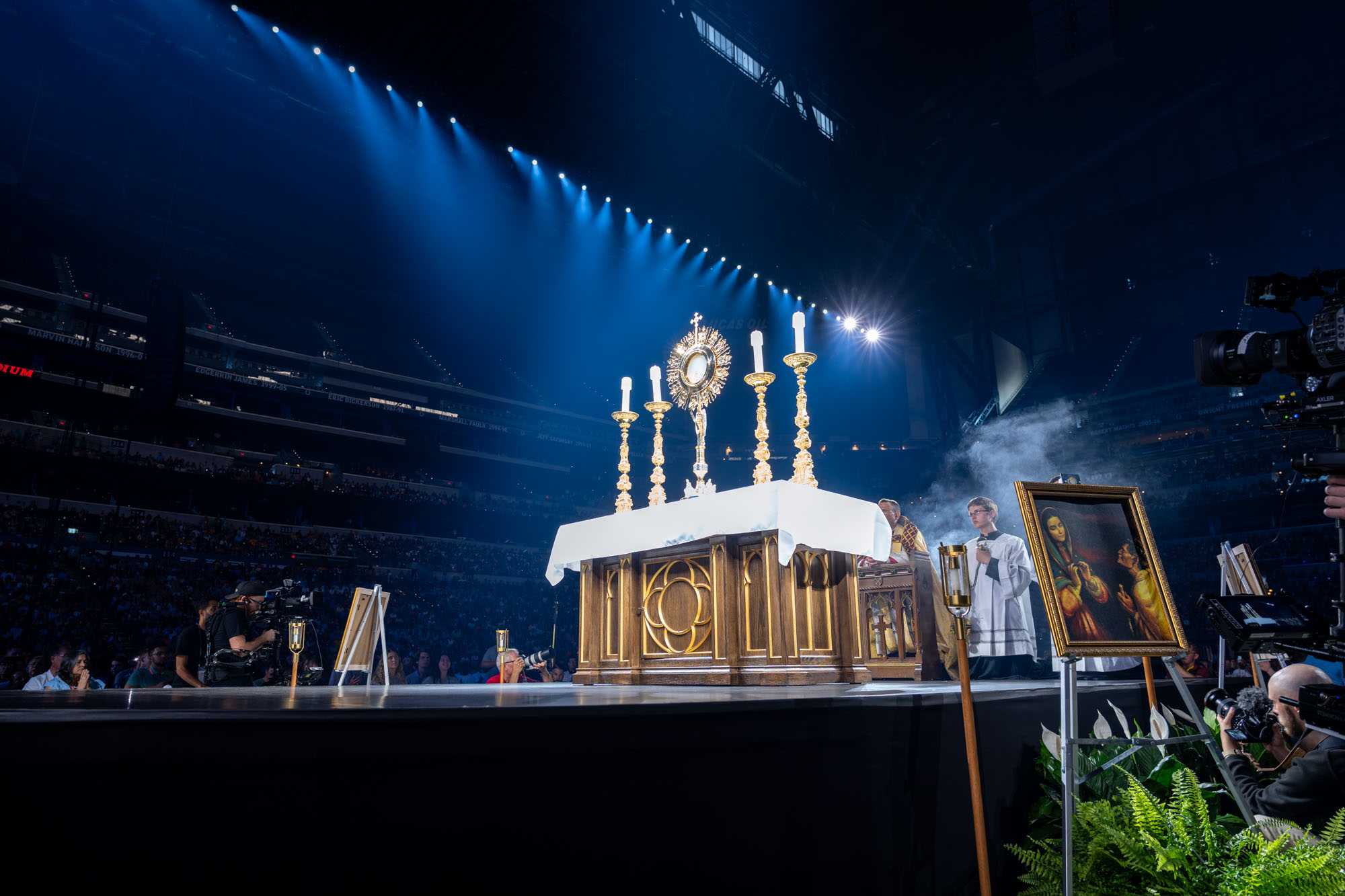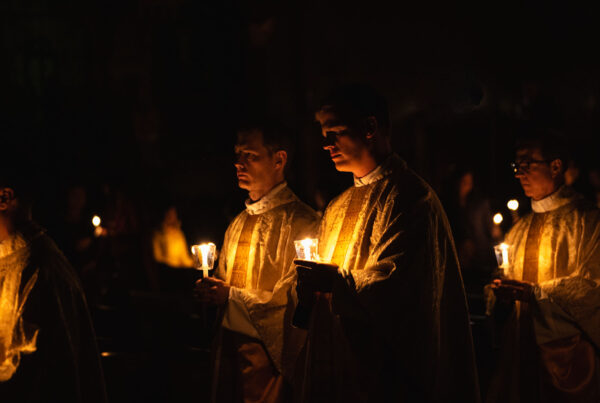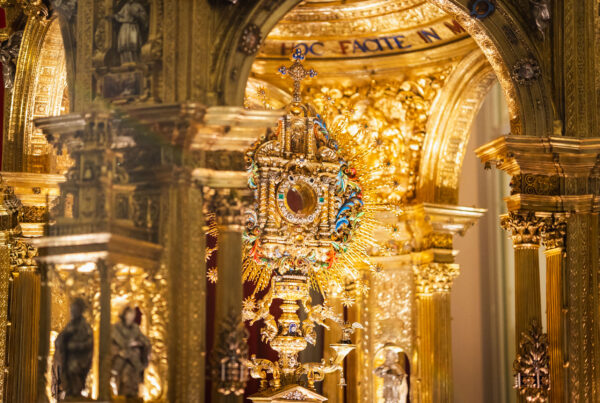In the traditional liturgical calendar of the Catholic Church, the three Sundays immediately preceding Ash Wednesday and the season of Lent are known as Septuagesima, Sexagesima, and Quinquagesima Sundays. These names, derived from Latin, reflect the approximate number of days before Easter, although the actual counts may vary slightly. While these Sundays are no longer explicitly observed in the modern Roman Rite, they hold historical significance and continue to be recognized in the Extraordinary Form of the Mass.
Pronunciation
- Septuagesima (sep-too-uh-JES-ih-muh)
- Sexagesima (sek-suh-JES-ih-muh)
- Quinquagesima (kwin-kwa-JES-ih-muh)
Historical context
The observance of Septuagesima, Sexagesima, and Quinquagesima Sundays dates back to the early centuries of the Church. The exact origins are uncertain, but it is believed that these Sundays served as a period of preparation for Lent, a time of penance and reflection leading up to Easter. The numbers associated with these Sundays – 70, 60, and 50 – may have been chosen symbolically to emphasize the importance of the Lenten season.
Liturgical significance
In the traditional liturgical calendar, Septuagesima Sunday marks the beginning of a pre-Lenten season, a time of transition from the joy of Christmas to the solemnity of Lent. During this period, certain liturgical practices are modified to reflect the penitential nature of the season. For example, the Alleluia, a joyful hymn of praise, is omitted from the Mass, and the Gloria, a hymn of thanksgiving, is also suspended.
The readings for these Sundays often focus on themes of repentance, humility, and the need for God’s grace. The faithful are encouraged to engage in prayer, fasting, and almsgiving as a means of preparing their hearts for the Lenten season.
Would you like to stay close to the Holy Eucharist all day long?
Now you can, I have 8 Holy Eucharist Wallpapers for you, so you can stay connected with Jesus Christ anywhere you are!
Modern observance
While Septuagesima, Sexagesima, and Quinquagesima Sundays are no longer explicitly observed in the modern Roman Rite, they continue to hold significance for those who celebrate the Extraordinary Form of the Mass. In this form, these Sundays retain their traditional names and liturgical practices.
For those who do not celebrate the Extraordinary Form, the themes of preparation and reflection associated with these Sundays can still be valuable. The faithful can use this time to examine their consciences, seek reconciliation with God, and make a conscious effort to grow in holiness.
When are those Sundays celebrated?
Because the date of Easter changes every year, the dates of Septuagesima, Sexagesima, and Quinquagesima Sundays also change.
To determine the dates for a specific year, you need to know the date of Easter for that year. Once you have that, you can count back the appropriate number of Sundays.
Here’s how it works:
-
- Quinquagesima Sunday: This is the Sunday before Ash Wednesday, which is 46 days before Easter.
Sexagesima Sunday: This is the Sunday before Quinquagesima Sunday.
- Quinquagesima Sunday: This is the Sunday before Ash Wednesday, which is 46 days before Easter.
Septuagesima Sunday: This is the Sunday before Sexagesima Sunday.
For example, let’s take the year 2025:
Easter in 2025 is on April 20th. Counting back, Ash Wednesday is on March 5th.
Therefore:
- Quinquagesima Sunday is on March 2nd.
- Sexagesima Sunday is on February 23rd.
- Septuagesima Sunday is on February 16th.
Keep in mind:
- These dates are relevant for those observing the Extraordinary Form of the Mass. In the Ordinary Form, these Sundays are simply counted as Sundays in Ordinary Time.
- You can easily find the date of Easter for any given year online or in a liturgical calendar.
Summary
Septuagesima, Sexagesima, and Quinquagesima Sundays, while not explicitly observed in the modern Roman Rite, serve as a reminder of the importance of preparing for the Lenten season. These Sundays invite the faithful to reflect on their lives, seek God’s grace, and engage in practices of prayer, fasting, and almsgiving. By embracing the spirit of these Sundays, Catholics can deepen their relationship with God and prepare themselves for the celebration of Easter.
Resources:
What is Septuagesima
What Are Septuagesima, Sexagesima, and Quinquagesima Sundays?

